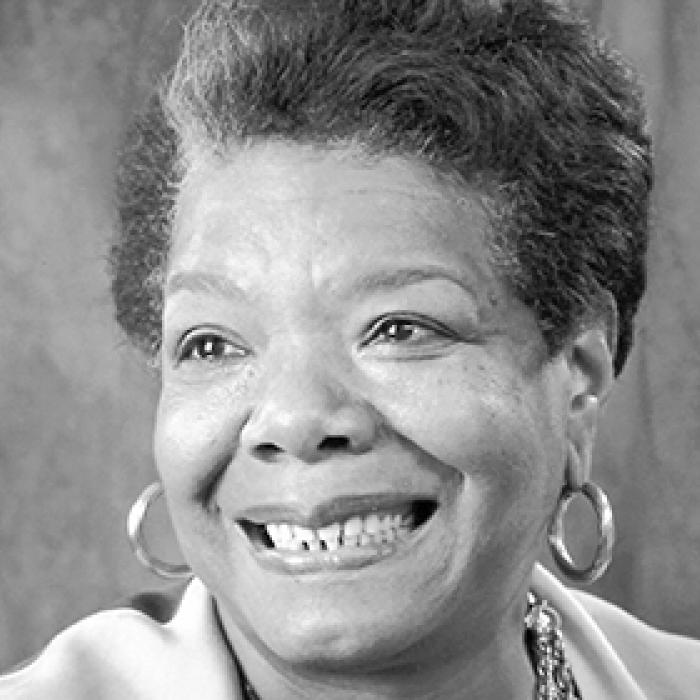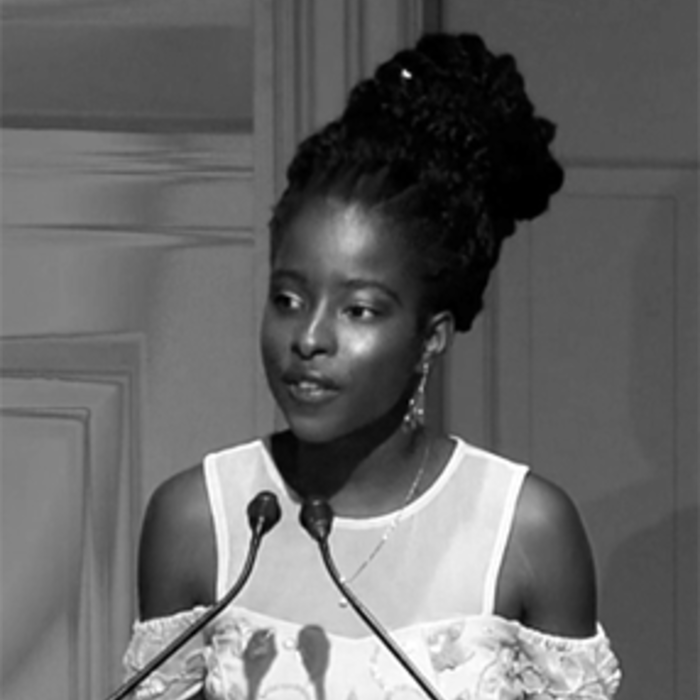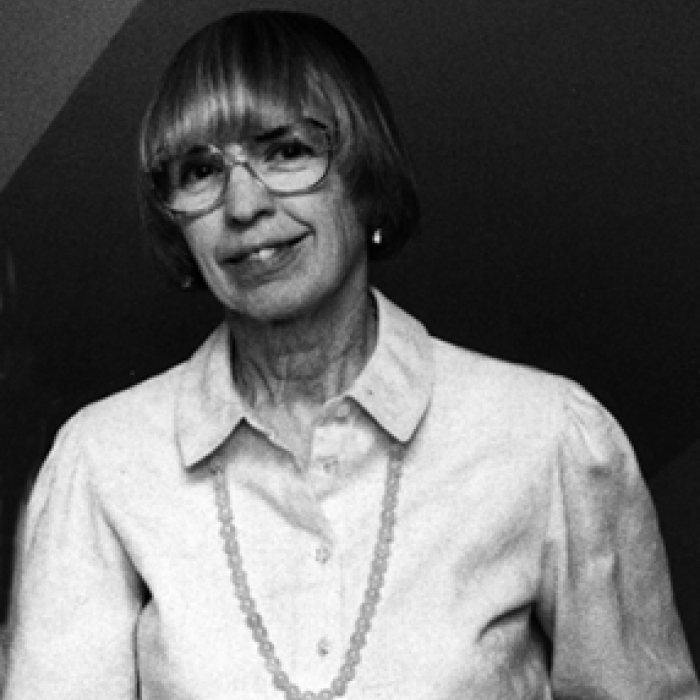Kimiko Hahn
Kimiko Hahn was born on July 5, 1955, in Mount Kisco, New York, the child of artists—a Japanese American mother from Hawai‘i and a German American father from Wisconsin. Hahn received an undergraduate degree in English and East Asian studies from the University of Iowa. She earned a master’s degree in Japanese literature from Columbia University.
Hahn is the author of ten collections of poetry, including Foreign Bodies (W. W. Norton, 2020) and The Unbearable Heart (Kaya Production, 1995), which received an American Book Award. Hahn’s work often explores desire and death, and the intersections of conflicting identities. She frequently draws on, and even reinvents, classic forms and techniques such as the zuihitsu, as popularized by The Pillow Book by Sei Shōnagon. In recent years, she has explored forms that give a nod to past writers, such as the glosa and the golden shovel.
About her own work and its place in Asian American writing, Hahn has said:
I’ve taken years to imagine an Asian American aesthetic. I think it’s a combination of many elements—a reflection of Asian form, an engagement with content that may have roots in historical identity, together with a problematic, and even psychological, relationship to language.
Hahn has been honored with fellowships from the Guggenheim Foundation, the National Endowment for the Arts, and the New York Foundation for the Arts. She has also been the recipient of the Lila Wallace-Reader’s Digest Writers’ Award, the Theodore Roethke Memorial Poetry Prize, and an Association of Asian American Studies Literature Award. In 2023, she was awarded the Ruth Lilly Poetry Prize.
As a service to the poetry field, Hahn has organized festivals and panels on the chapbook. She is a distinguished professor in the MFA program of creative writing and literary translation at Queens College, the City University of New York and lives in New York. In January 2023, Hahn was elected to become a Chancellor of the Academy of American Poets.






